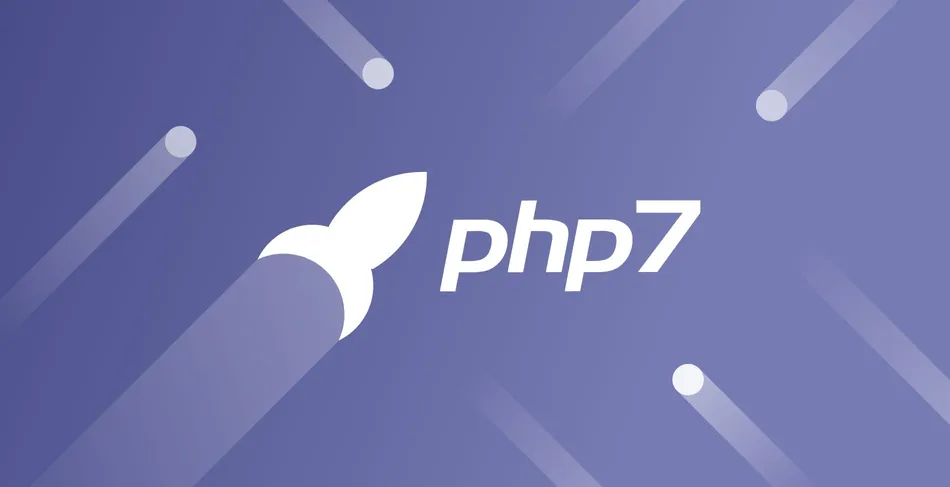When you visit a website or an online shop, you need the IP address of the server on which it resides. But because no one can be expected to remember lengthy IP addresses, we have the Domain Name System (DNS). This is a database that ensures that when you call up a domain, such as www.hostpoint.ch, the right IP address is found and the right website accessed. A hierarchical query process called name resolution is used to do this.
Normally, all queries in the DNS resolution process are handled at a single name server location. This is known as Unicast routing. It means that when someone visits the website www.hostpoint.ch from Australia for the first time, the website may take some time to appear because the name server query has to go around the world to get to the name server in Switzerland. Moreover, if there is a failure at the DNS location, websites will become inaccessible and email traffic will come to a halt.
Unicast vs. Anycast
In contrast to Unicast, Anycast accesses a worldwide network of multiple name server locations with a single IP address. The closest DNS server geographically responds to the queries. This displays the website to the user in Australia noticeably more quickly because neither the query nor the website has to be transported across the world. Instead, there may be a DNS location in the Anycast network in Australia itself. In addition, the total load of all queries is distributed across the entire network of name servers.

Greater stability, improved DDoS protection and SEO benefits
For many companies, as well as private individuals, their domain takes on a hugely important function. Their website and all email traffic depend on having a domain name that can be resolved. If they don’t have that, they are faced with a partial or complete failure. DNS Anycast is an ideal solution that prevents such scenarios from becoming reality.
The network of DNS locations improves the stability of name resolution because any of those locations can handle it. In addition, the system also offers your name servers greater protection against DDoS (Distributed Denial of Service) attacks, resulting in improved website and email accessibility in the event of such an attack. If a DNS location fails or becomes the target of an attack, other locations seamlessly take over the handling of queries in the DNS resolution process. All the web services associated with a specific domain remain accessible.
Moreover, the improved stability and faster website response times have the welcome side-effect of being rated favorably by search engines such as Google. As a result, websites with DNS Anycast may benefit from a higher SEO ranking.
If stability, reliability and short response times are very important to you (or you depend on them), you can now boost your domain’s performance and security with DNS Anycast.
Additional triple protection with Domain Shield
Hostpoint recently started offering the option of activating DNS Anycast for your domain. This function is an integral component of the do-it-all Domain Shield package. The package is available for an annual fee of CHF 12 and offers, in addition to DNS Anycast, further valuable benefits, such as protection against loss of your domain, unauthorized activity and inadvertent changes or a data protection trustee service.
Find more information on DNS Anycast and the other benefits of Domain Shield here:
More on Domain Shield























































